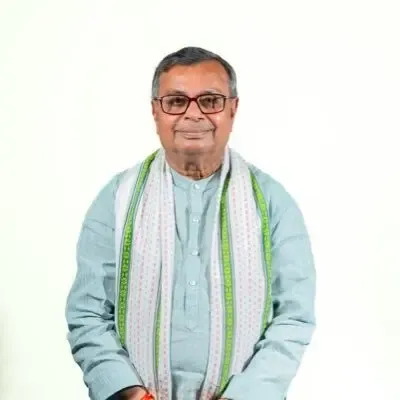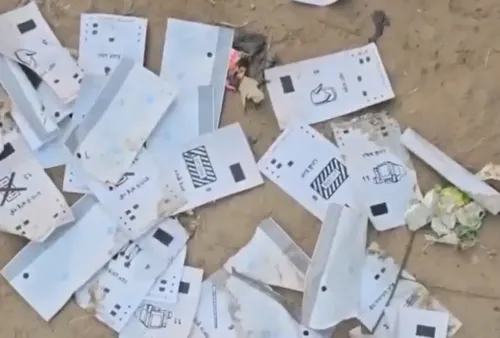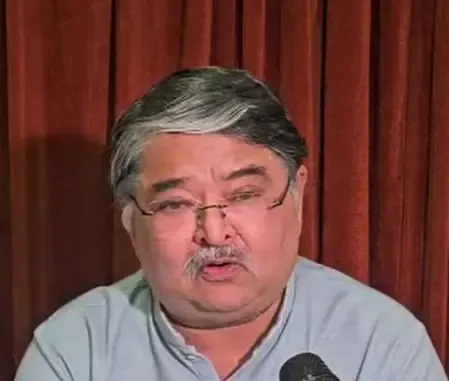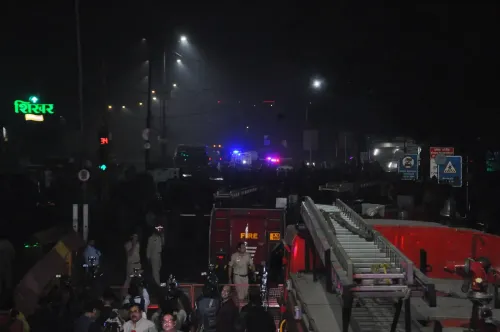Has Terrorism in Kashmir Been Systematically Dismantled Under PM Modi's Government?
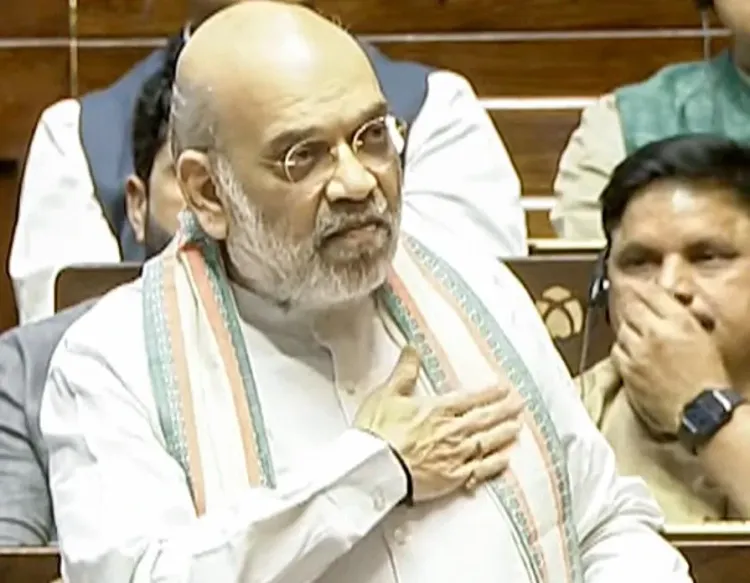
Synopsis
Key Takeaways
- Government Actions: The Modi administration has taken decisive steps to combat terrorism in Kashmir.
- Strategic Shifts: Post-August 5, 2019, there has been a significant change in Kashmir's political landscape.
- Critique of Congress: Amit Shah highlights the failures of the Congress party in addressing separatism and terrorism.
- Long-term Vision: The focus is on dismantling the ideological roots of terrorism in the region.
- Restoration of Stability: The current government aims to restore peace and order in Kashmir.
New Delhi, July 30 (NationPress) Union Home Minister Amit Shah on Wednesday launched a fierce critique of the Congress party in Rajya Sabha while defending the government's decisive measures in Kashmir following the Pahalgam terror attack and during Operations Sindoor and Mahadev.
In his dynamic address, the Home Minister accused the opposition of “secular appeasement politics” and asserted that the Modi administration had effectively dismantled Kashmir's long-standing terrorism framework.
Addressing the situation in Kashmir, he claimed that during the Congress rule, separatism thrived in the Valley, accompanied by a surge for ‘Azaadi’. He stated, “Instead of prohibiting such terror groups, Congress permitted them to prosper, which ultimately initiated terrorism in Kashmir,” adding that the Congress's reluctance to ban these organizations stemmed from “vote-bank politics.”
Shah commended the Modi government for diminishing Kashmir's separatism by targeting its fundamental ideological and logistical foundations.
“Terrorist funerals were previously public spectacles. Now, they are interred at the encounter site itself. The Jamaat-e-Islami’s detrimental influence over education has been eradicated. Separatist groups like Hurriyat were legitimized under Congress; we have completely dismantled their framework,” he articulated.
Pointing to the pivotal August 5, 2019, annulment of Article 370, Shah remarked, “This signified the true commencement of a terror-free Kashmir. The Modi government didn’t merely abolish laws - it eradicated the mindset that permitted terrorism to thrive.”
He underscored that Kashmir's troubles began right after its integration, as the Nehru administration granted Article 370 and Article 35 A.
“Due to Article 370 and 35 A, Jammu and Kashmir possessed their own constitution and flag. Yet, Congress never addressed this concern. Over time, we witnessed Congress accommodating these separatist factions and engaging with them, but on August 5, 2019, we dismantled that entire terror ecosystem,” he concluded.

